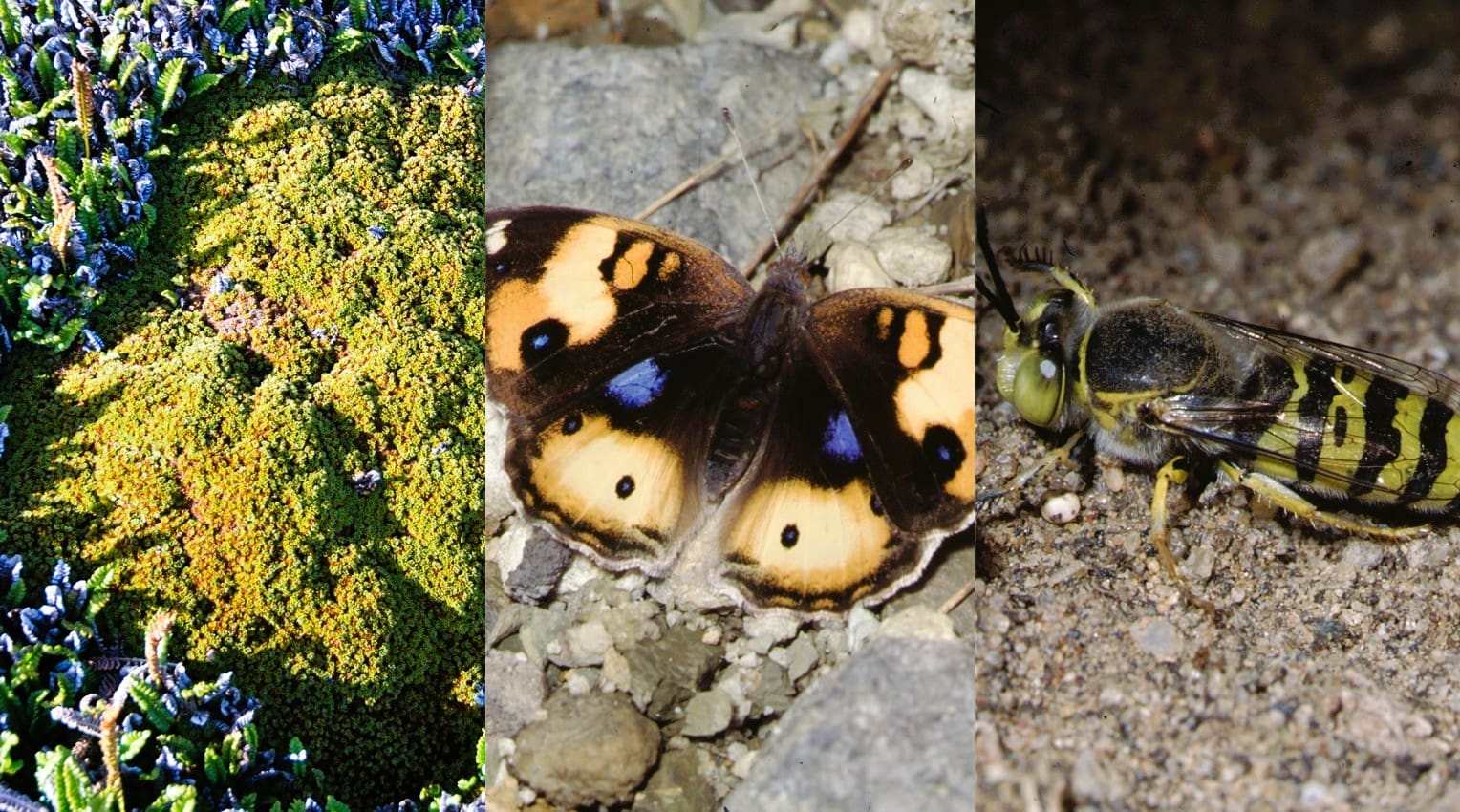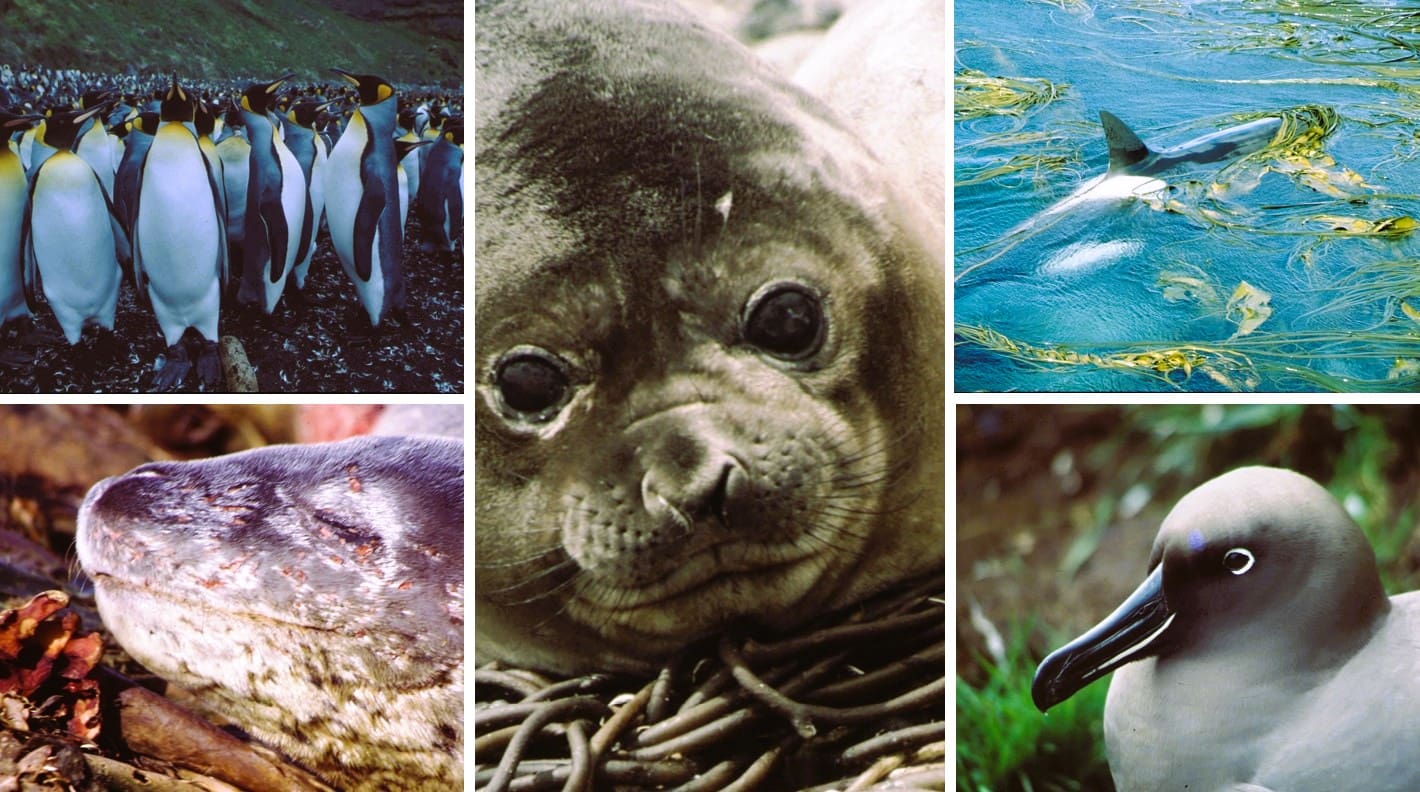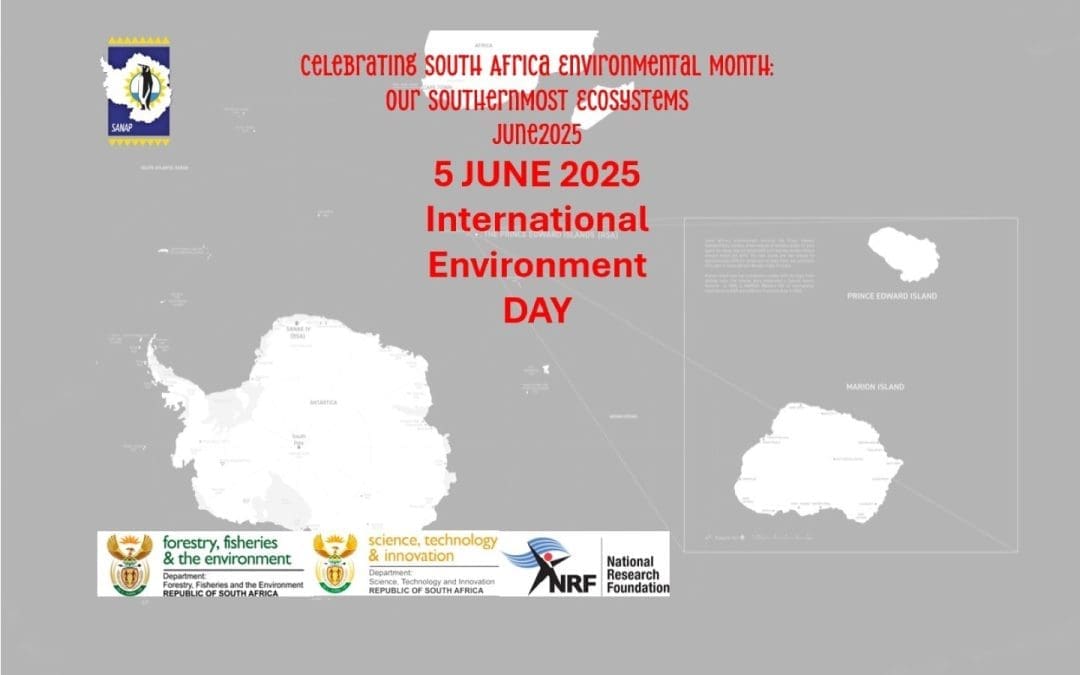Today, on World Environment Day, SANAP join the global community in recognizing the vital importance of our planet’s ecosystems — and reaffirm its commitment to understanding and protecting one of the most extreme, yet crucial, environments on Earth: The Southern Ocean and Antarctic regions. SANAP leads scientific research and environmental stewardship across Marion Island, Gough Island, and Antarctica. These frontiers may seem remote, but they play a critical role in regulating Earth’s climate, supporting unique biodiversity, and offering invaluable insight into global environmental change.
 The Southern Ocean: A Climate Regulator: The Southern Ocean surrounding Antarctica is a house of climate regulation, absorbing vast amounts of atmospheric carbon and heat. SANAP researchers are actively researching ocean currents, sea ice dynamics, and carbon cycling to better understand how these processes are evolving in a warming world. (Photo credit: A Zietsman)
The Southern Ocean: A Climate Regulator: The Southern Ocean surrounding Antarctica is a house of climate regulation, absorbing vast amounts of atmospheric carbon and heat. SANAP researchers are actively researching ocean currents, sea ice dynamics, and carbon cycling to better understand how these processes are evolving in a warming world. (Photo credit: A Zietsman)
 Protecting Life on the Edge: From the wandering albatross on Marion Island to microscopic extremophiles in Antarctic soils, life persists against all odds in these regions. SANAP’s biodiversity monitoring projects are uncovering the intricate web of life that depends on these environments — and how threats such as invasive species, plastic pollution, and climate variability are impacting these ecosystems. (Photo Credit left: M Greve, middle & right: CJ Scheepers)
Protecting Life on the Edge: From the wandering albatross on Marion Island to microscopic extremophiles in Antarctic soils, life persists against all odds in these regions. SANAP’s biodiversity monitoring projects are uncovering the intricate web of life that depends on these environments — and how threats such as invasive species, plastic pollution, and climate variability are impacting these ecosystems. (Photo Credit left: M Greve, middle & right: CJ Scheepers)
 Long-Term Science, Global Impact: With decades of data collection and continuous human presence at SANAP’s research stations, SANAP long-term research projects offer insights into environmental change. Through collaborations with international partners, SANAP helps shape global understanding of polar processes and their far-reaching effects. This World Environment Day, SANAP celebrates the resilience of our southernmost ecosystems and the SANAP community is dedicated to its preservation. As stewards of the Antarctic and sub-Antarctic, SANAP remain committed to advancing knowledge, promoting conservation, and ensuring these unique environments endure for future generations. (Photo Credit: Greg Hofmeyr)
Long-Term Science, Global Impact: With decades of data collection and continuous human presence at SANAP’s research stations, SANAP long-term research projects offer insights into environmental change. Through collaborations with international partners, SANAP helps shape global understanding of polar processes and their far-reaching effects. This World Environment Day, SANAP celebrates the resilience of our southernmost ecosystems and the SANAP community is dedicated to its preservation. As stewards of the Antarctic and sub-Antarctic, SANAP remain committed to advancing knowledge, promoting conservation, and ensuring these unique environments endure for future generations. (Photo Credit: Greg Hofmeyr)
World Environment Day is the biggest international day for the environment. Led by the United Nations Environment Programme (UNEP), and held annually since 1973, it has grown to be the largest global platform for environmental outreach. It is celebrated by millions of people across the world. The Republic of Korea will host World Environment Day 2025 with a focus on ending plastic pollution globally. Ridding the planet of plastic pollution is an important contribution to achieving the Sustainable Development Goals, including those on climate action, sustainable production and consumption, protection of seas and oceans and repairing ecosystems and retaining biodiversity. (Text: https://www.worldenvironmentday)







